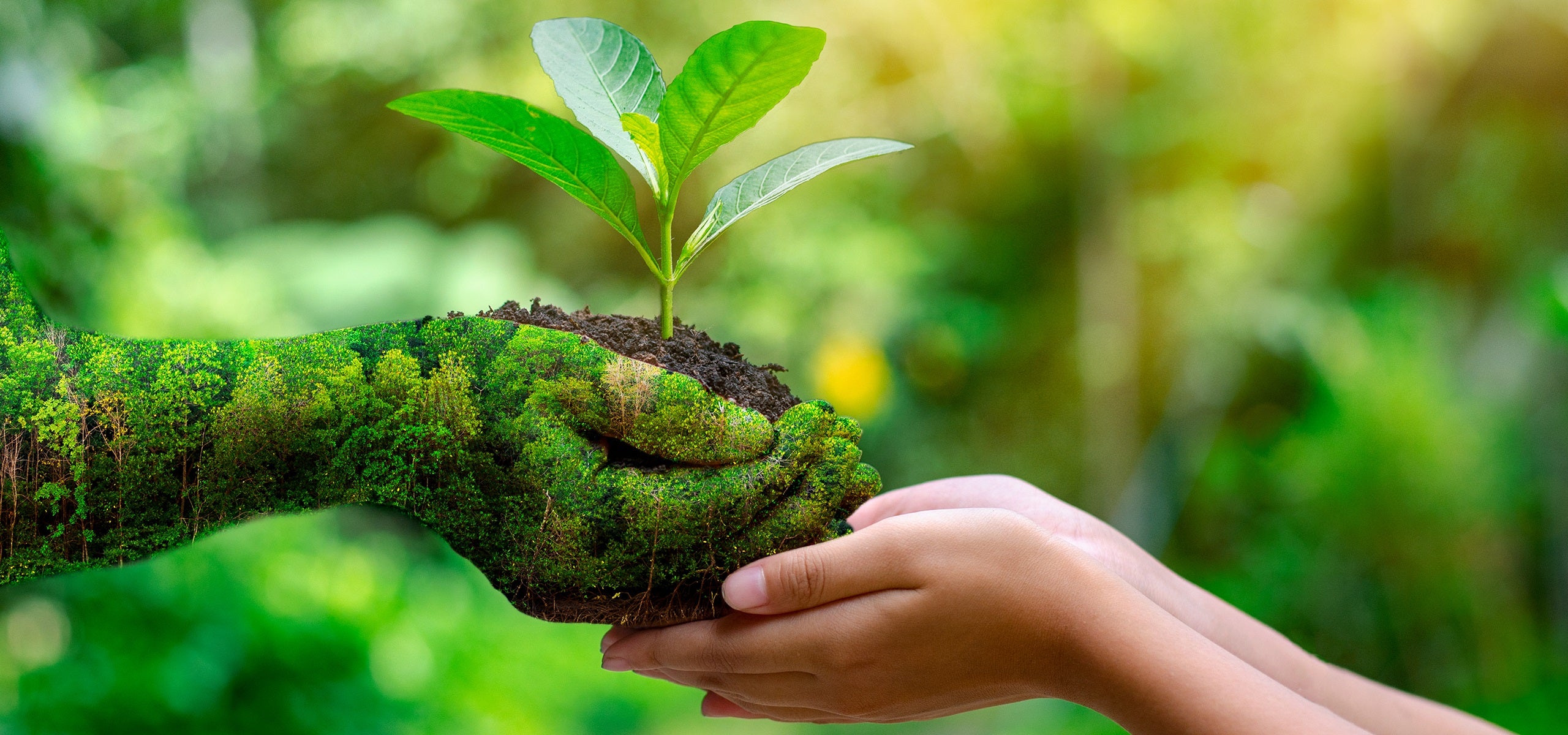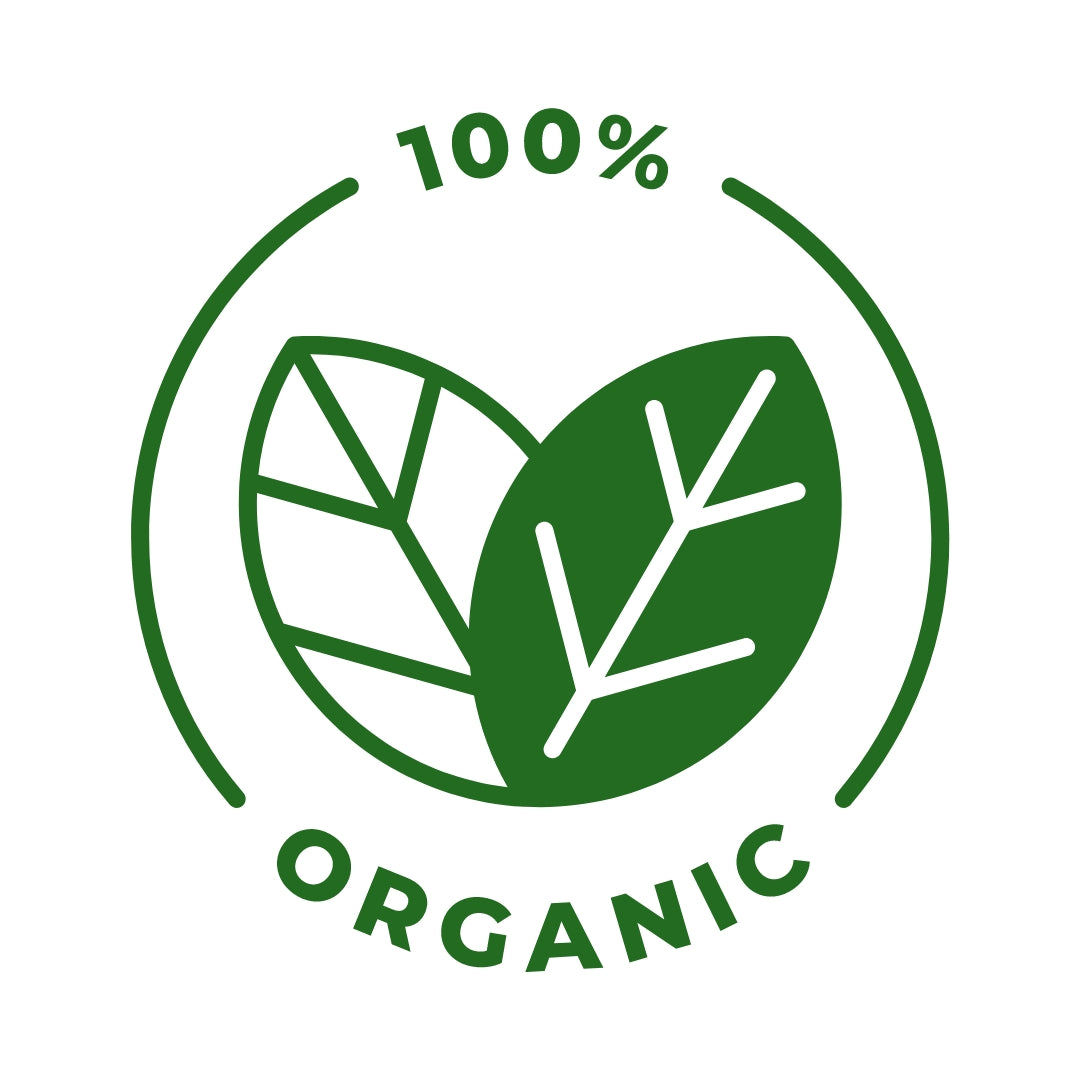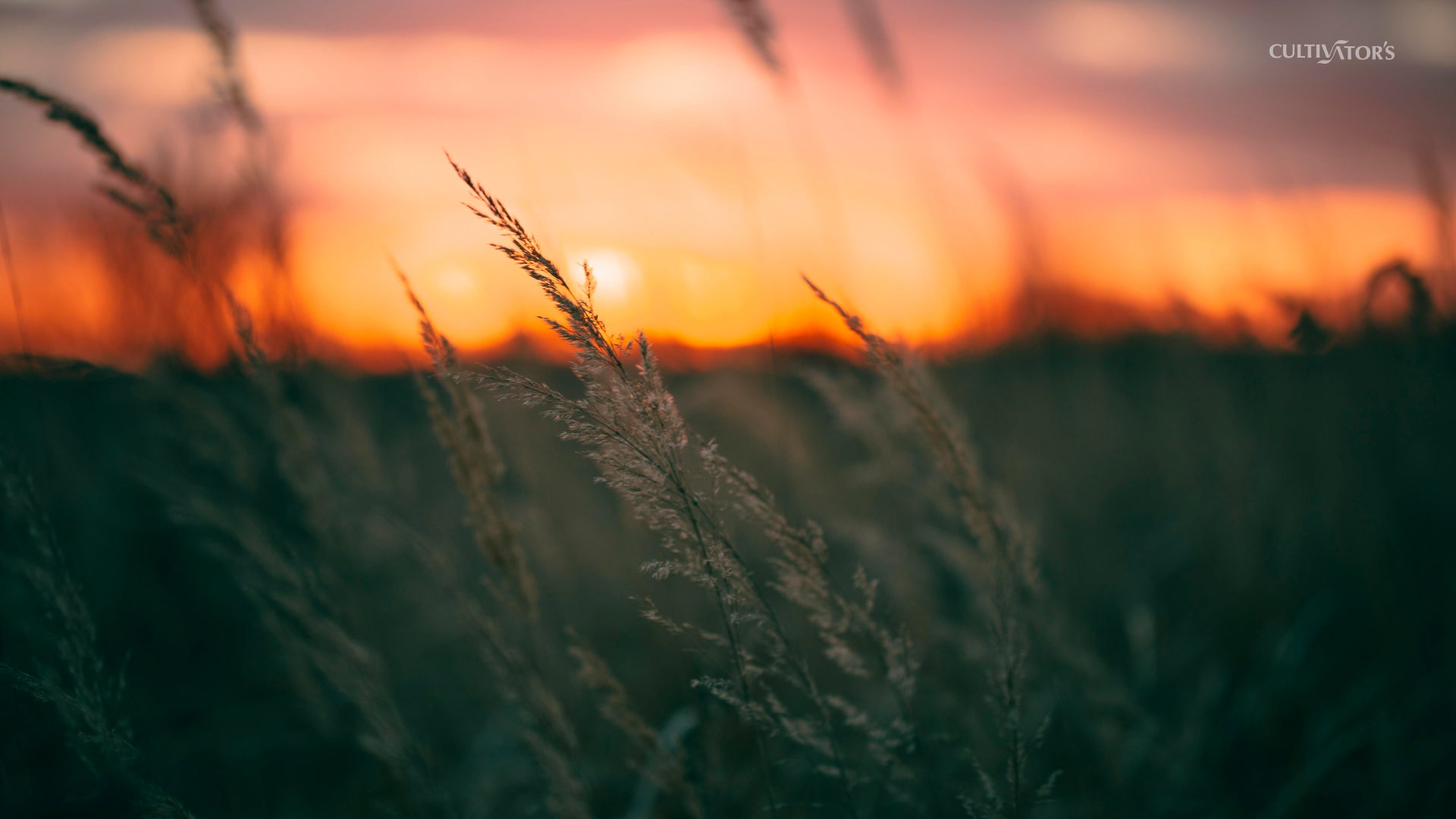A step towards carbon neutrality by 2030
Whether it is organic produce, soil conservation, water conservation, reforestation, maintaining biodiversity and promoting production of rare botanicals, Cultivator’s is leaving no stone unturned to tune in and work hard to leave a greener and better world for the future generation.
A strong step towards sustainability today will ensure a stronger and safer tomorrow!
Since the manure consist only of organic waste, and biological materials along with beneficial microbes that release nutrients for crops, it increases sustainable production in an eco-friendly, pollution-free environment. Drip irrigation is a type of micro-irrigation that has the potential to save water and nutrients by allowing water to only drip slowly to the roots of plants. Additionally, the landscape of the farms has been made in such a way that all the rain water gets harvested and used as well. We can proudly say that we are the only company in the world having the commercial cultivation of these species which will keep the medicine system alive for the future generation. We, at Cultivator, also make efforts to maintain the bio-diversity at each of our farms. Multi-level natural and chemical-free cropping makes our system work efficiently. We also work on some of the fundamental sustainability activities that ensure that we don’t harm nature in any way possible throughout our end-to-end manufacturing.






